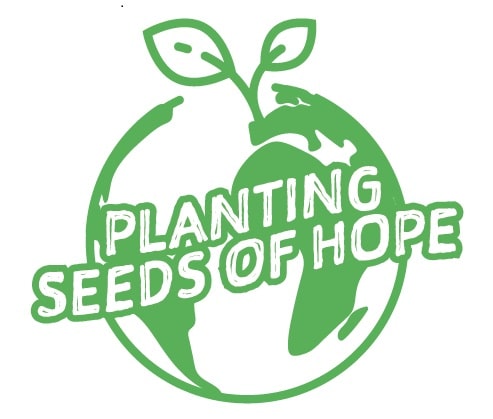Climate Hope Affiliates
In 2025, we are launching Climate Hope Affiliates! Through this new program, we are starting local chapters across the country to address the interconnected crises of climate change and societal injustice. For us, this is a calling!
Climate Hope Affiliates are dedicated to advancing and protecting federal legislation through the development of ongoing relationships with members of Congress, local media, and the broader community. With the guidance of Sam Daley-Harris, who pioneered this effective model of advocacy, we have already launched our first eleven affiliates in Lehigh Valley (PA), Framingham (MA), the East Bay of Northern California (CA), Concord (NH), Carlisle (PA), Ephrata (PA), Atlanta (GA), the greater Cleveland area (OH), Shasta (CA), Collegeville (PA), and East Lansing (MI).
If you live near one of these affiliates and want to connect, let us know!
If you are interested in starting an affiliate in your area, let us know!
Climate Hope Affiliates is a joint initiative of the United Church of Christ and Creation Justice Ministries, which represents 36 different denominations. Our vision aligns with the Equitable & Just National Climate Platform that centers economic and racial justice. With core leadership from leaders in the environmental justice movement, 346 organizations have signed onto the platform.

Climate Hope Affiliates builds off of two years of advocacy campaigns and congregational engagement events. In April, we announced the winner of our third annual Climate Hope Art Contest for Children and Youth. In the fall, we will have a Climate Hope Sunday to collect advocacy cards featuring the winning artwork.
THE WINNING CLIMATE HOPE ART FOR 2025

Our theme for 2025 was planting seeds of hope! Want to see all the art contest finalists for 2025? Check out this video!
Why We Are Called to Climate Action
One could argue that all of us have a self-interest in doing everything we can to address the climate crisis. As Christians, however, we are called beyond our individual lives to love our neighbor and to care for all of God’s creation. To be in right relationship with our neighbors and God’s creation is ultimately at the heart of being in right relationship with God. To put it more succinctly, when we talk about what it means to be in right relationship we are talking about justice. As disciples of Jesus, we are called to put justice into action.
Today, justice takes many different and interconnected forms. We see this especially in the climate crisis. The burdens of pollution do not fall on everyone equally. Climate-related disasters do not affect everyone the same. Race, poverty, and other societal inequities all play a role in who currently suffers the most and who faces the greatest impending dangers. Often those who have contributed the least to climate change are those who are impacted the most.
